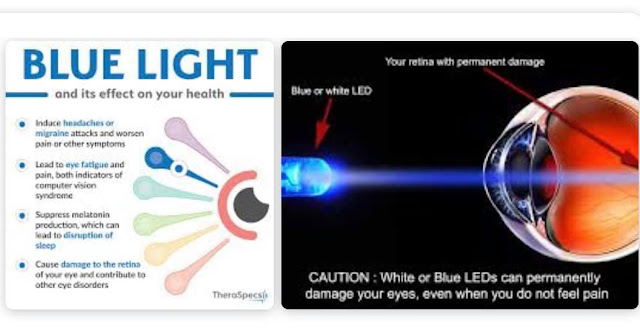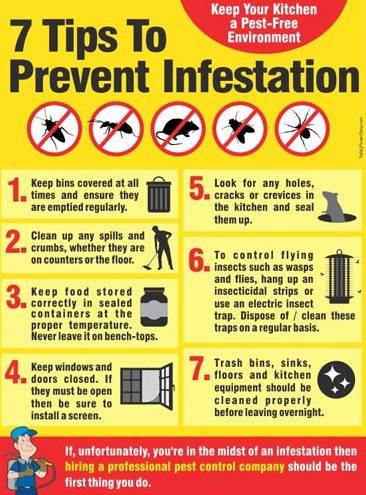Too Much Screen Time?
Suffer from headaches? Often fatigued during the day? Having trouble sleeping? Ever thought about how long your eyeballs stare at a screen all day and the effects that could have on the body?
High0energy blue light is all around an dis part of the visible spectrum of light that enters the eye while we are outdoors. But the intense blue light from screens sends out eyes to signal the brain and cause a chemical and oxidative change in us.
Lets take a look at the macula of the eye, the region of the eye responsible for sharp focused vision. The macula is the most vulnerable to the damaging effects of blue light because it receives the highest concentration of the light, compared to other regions of the eye.
So ever felt eyestrain from driving long distance? Especially at nighttime? Well blue light can cause the same effects only more significant and with eventual degeneration of the eye, resulting in eye loss.
Children to teens and adults all average around 8-10 hours a day in front of a screen of some sort. How attached are you to your devices?
But there is a solution and it's all based around the science of food and how it heals us. Catenoids, lotion and zeaxanthin are found in yellow, orange and green foods which are protective against the harmful effects of blue light. Lutein is related to vitamin A and is concentrated in the macula, so it's a necessary component of healthy vision. Kale, squash, collard greens, corn, spinach, swiss chard, peas, arugula, brussel sprouts, broccoli, rabe, pumpkin, sweet potatoes, carrots, asparagus and egg yolks are all compounds rich in carotenoid.
So when you want more protection against a lot of blue light exposure. Make sure you strengthen you eyes and produce a diet that is also rich is Omega-3 DHA.
Good looking out for your eye ball right? LOL!
High0energy blue light is all around an dis part of the visible spectrum of light that enters the eye while we are outdoors. But the intense blue light from screens sends out eyes to signal the brain and cause a chemical and oxidative change in us.
Lets take a look at the macula of the eye, the region of the eye responsible for sharp focused vision. The macula is the most vulnerable to the damaging effects of blue light because it receives the highest concentration of the light, compared to other regions of the eye.
So ever felt eyestrain from driving long distance? Especially at nighttime? Well blue light can cause the same effects only more significant and with eventual degeneration of the eye, resulting in eye loss.
Children to teens and adults all average around 8-10 hours a day in front of a screen of some sort. How attached are you to your devices?
But there is a solution and it's all based around the science of food and how it heals us. Catenoids, lotion and zeaxanthin are found in yellow, orange and green foods which are protective against the harmful effects of blue light. Lutein is related to vitamin A and is concentrated in the macula, so it's a necessary component of healthy vision. Kale, squash, collard greens, corn, spinach, swiss chard, peas, arugula, brussel sprouts, broccoli, rabe, pumpkin, sweet potatoes, carrots, asparagus and egg yolks are all compounds rich in carotenoid.
So when you want more protection against a lot of blue light exposure. Make sure you strengthen you eyes and produce a diet that is also rich is Omega-3 DHA.
Good looking out for your eye ball right? LOL!




Comments
Post a Comment